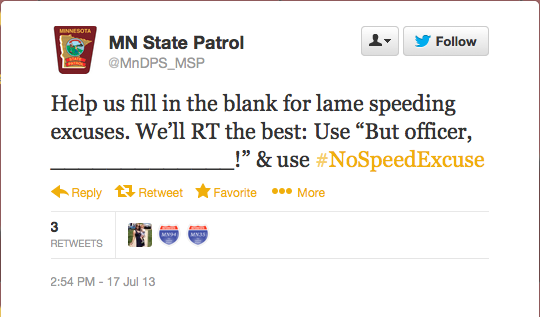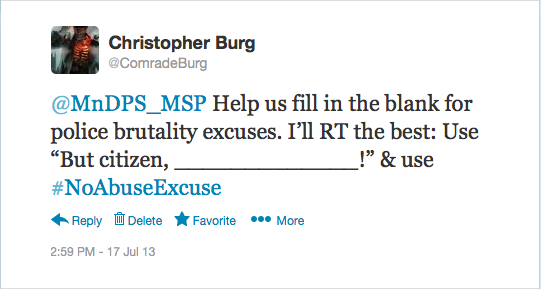One of the most annoying claims I hear people make is, “I’m a law abiding citizen!” No, you’re not, nobody is. In fact everybody in the United States, on average, commits three felonies a day. Considering there are approximately 27,000 pages of federal statutes it shouldn’t surprise anybody that obeying the law is impossible.
When I discuss civil disobedience and agorism as an alternative to politics the most common rebuttal I hear is that both are illegal. What critics often fail to realize is that those methods are illegal by design. Breaking the law is critical if one wants to change society:
What’s often overlooked, however, is that these legal victories would probably not have been possible without the ability to break the law.
The state of Minnesota, for instance, legalized same-sex marriage this year, but sodomy laws had effectively made homosexuality itself completely illegal in that state until 2001. Likewise, before the recent changes making marijuana legal for personal use in WA and CO, it was obviously not legal for personal use.
Imagine if there were an alternate dystopian reality where law enforcement was 100% effective, such that any potential law offenders knew they would be immediately identified, apprehended, and jailed. If perfect law enforcement had been a reality in MN, CO, and WA since their founding in the 1850s, it seems quite unlikely that these recent changes would have ever come to pass. How could people have decided that marijuana should be legal, if nobody had ever used it? How could states decide that same sex marriage should be permitted, if nobody had ever seen or participated in a same sex relationship?
[…]
The more fundamental problem, however, is that living in an existing social structure creates a specific set of desires and motivations in a way that merely talking about other social structures never can. The world we live in influences not just what we think, but how we think, in a way that a discourse about other ideas isn’t able to. Any teenager can tell you that life’s most meaningful experiences aren’t the ones you necessarily desired, but the ones that actually transformed your very sense of what you desire.
We can only desire based on what we know. It is our present experience of what we are and are not able to do that largely determines our sense for what is possible. This is why same sex relationships, in violation of sodomy laws, were a necessary precondition for the legalization of same sex marriage. This is also why those maintaining positions of power will always encourage the freedom to talk about ideas, but never to act.
Why would anybody advocate for legalizing homosexuality if they didn’t partake in it or know somebody who partook in it? The same goes for cannabis, strong cryptography, and standard capacity magazines. As the old saying goes, actions speak louder than words.
The whole point of civil disobedience is to partake in an illegal activity to raise awareness of its prohibition, demonstrate that there are people who derive enjoyment from the prohibited act, and demonstrate that the prohibited act’s practice isn’t harmful to others. Cannabis would have almost certainly remained illegal in Colorado and Washington if it wasn’t for disobedient individuals demonstrating that smoking the plant is enjoyable to many and harmless to everybody else. The same goes for homosexuality. It took individuals participating in same-sex relationships to demonstrate that same-sex relationships are enjoyable to many and harmless to everybody else.
Agorism, in my opinion, is, in part, meant to demonstrate that a functioning society is possible without the state. The only way to demonstrate such a thing is to participate in actions outside of the rules established by the state. Commerce, being the area of our lives the state attempts to control the most, is a prime candidate for demonstration purposes. When you think about it, almost everything we do in our lives is made possible through commerce. The simple act of eating food is made possible, for most people in the United States, by farmers selling their goods to wholesalers, who hire truckers to haul food to trains, which haul the food to barges, which transport the food to a packaging plant, which packages up the food and gives it to more truckers, who transport the food to distribution centers, which put the food on their trucks, which transport the food to grocery stores, which sell the food to consumers.
The state claims that each and ever step along that path must be tightly regulated in order to ensure consumer safety. Agorists can prove the state wrong by providing food, transportation, or packaging outside of the state’s regulations. Doing so in a manner that satisfies customers’ demands demonstrates the viability of commerce that isn’t tightly regulated by the state.
Just as you have to break eggs to make omelets you also have to break laws to make societal changes.

